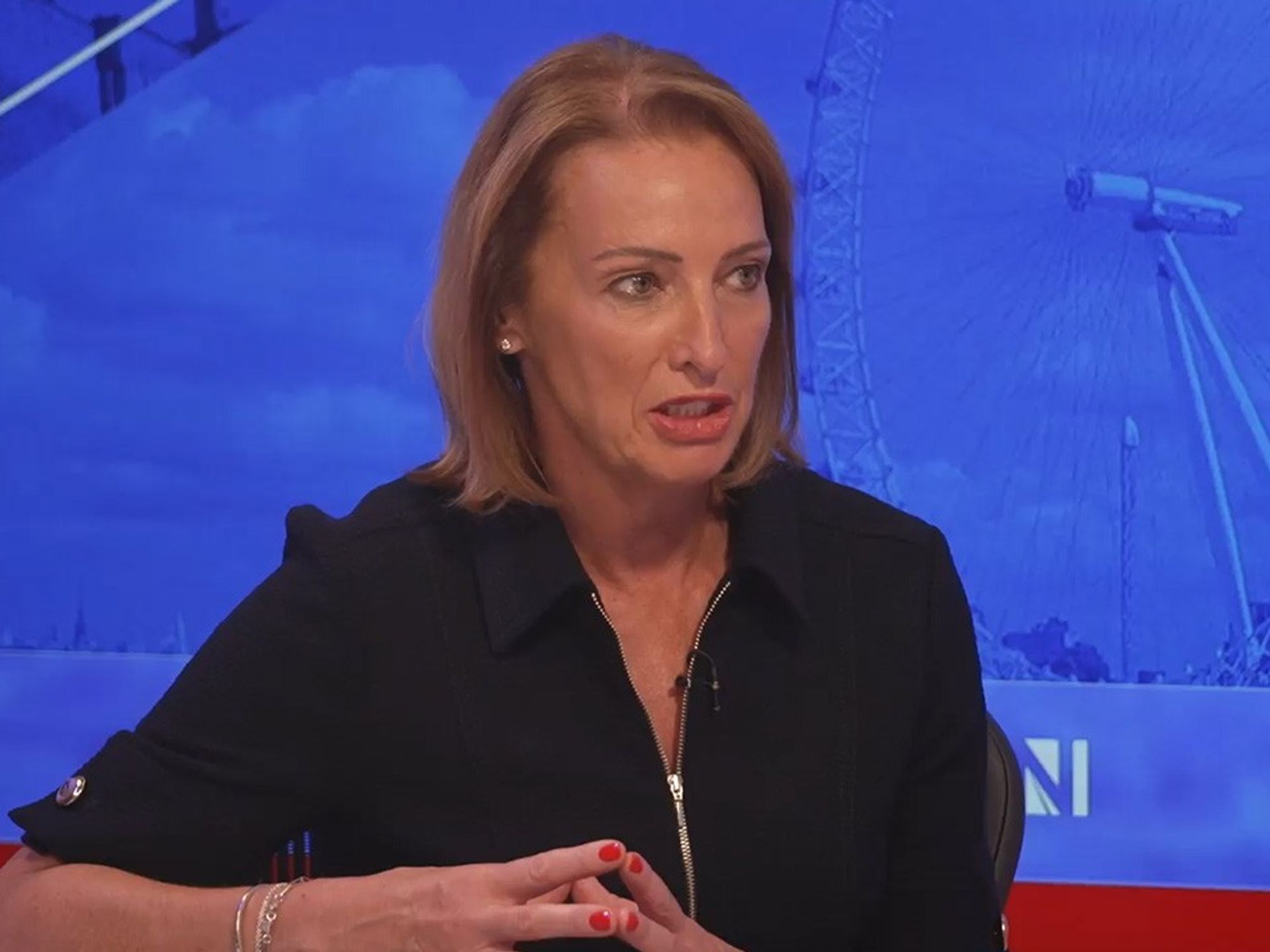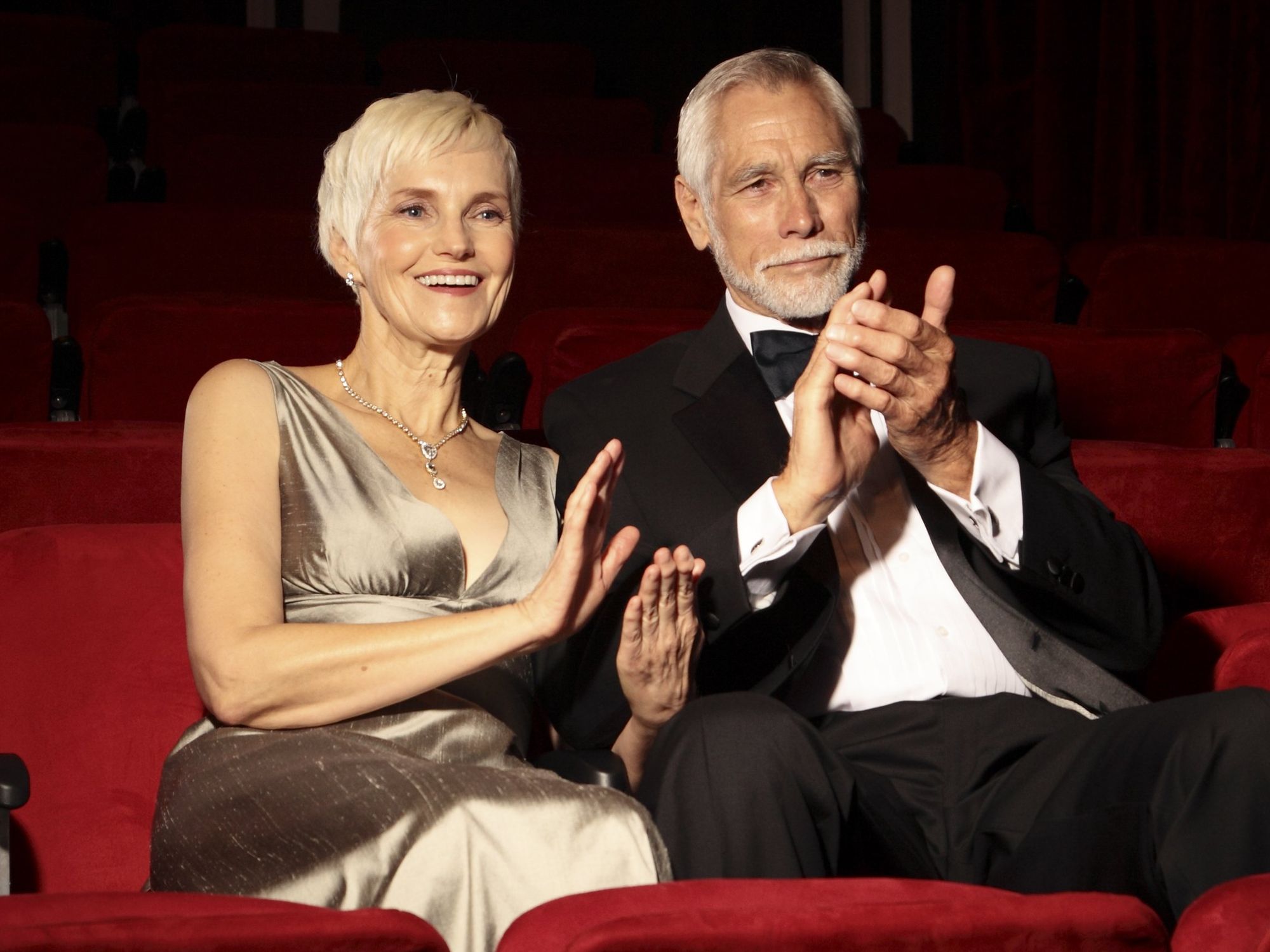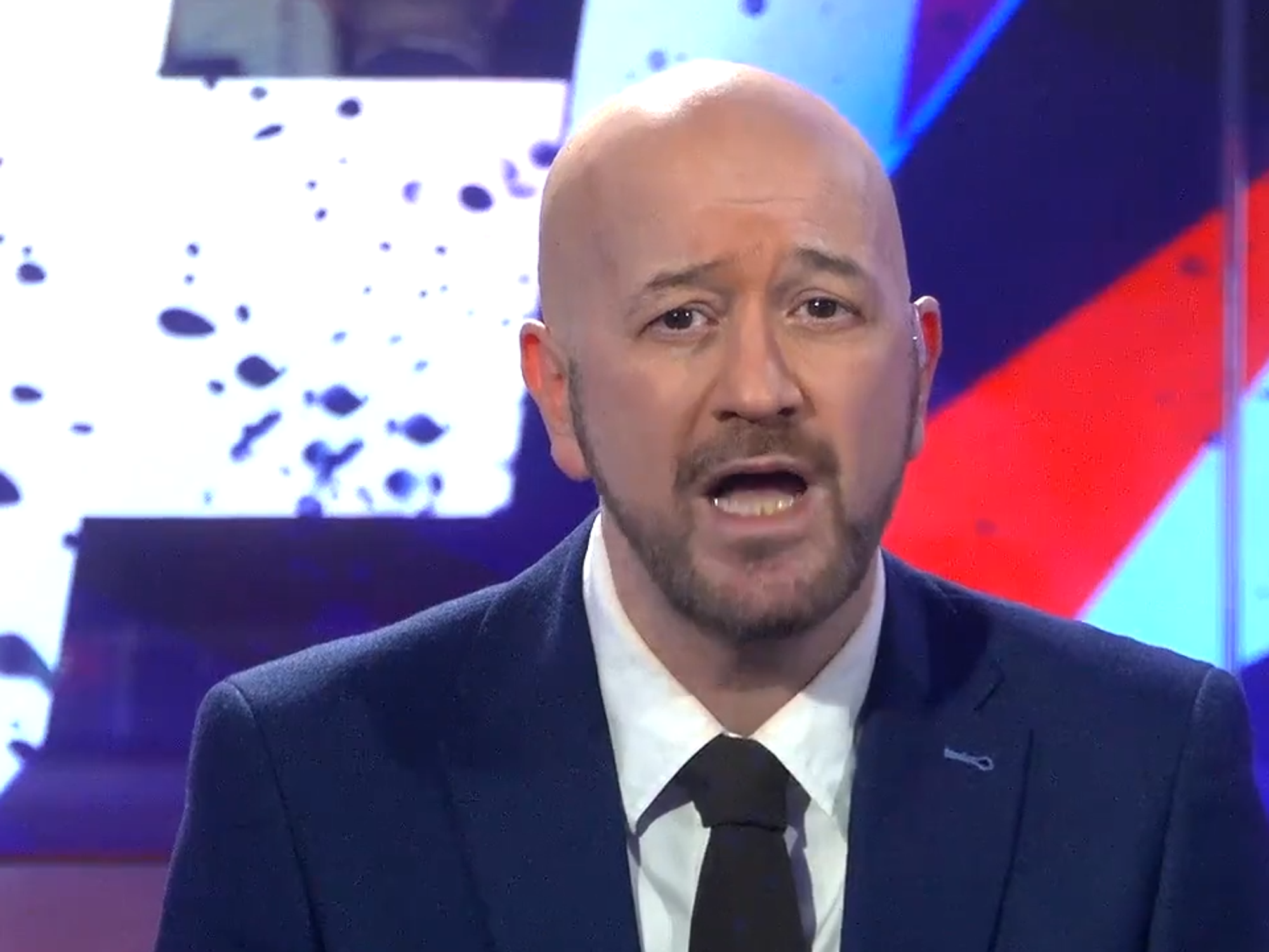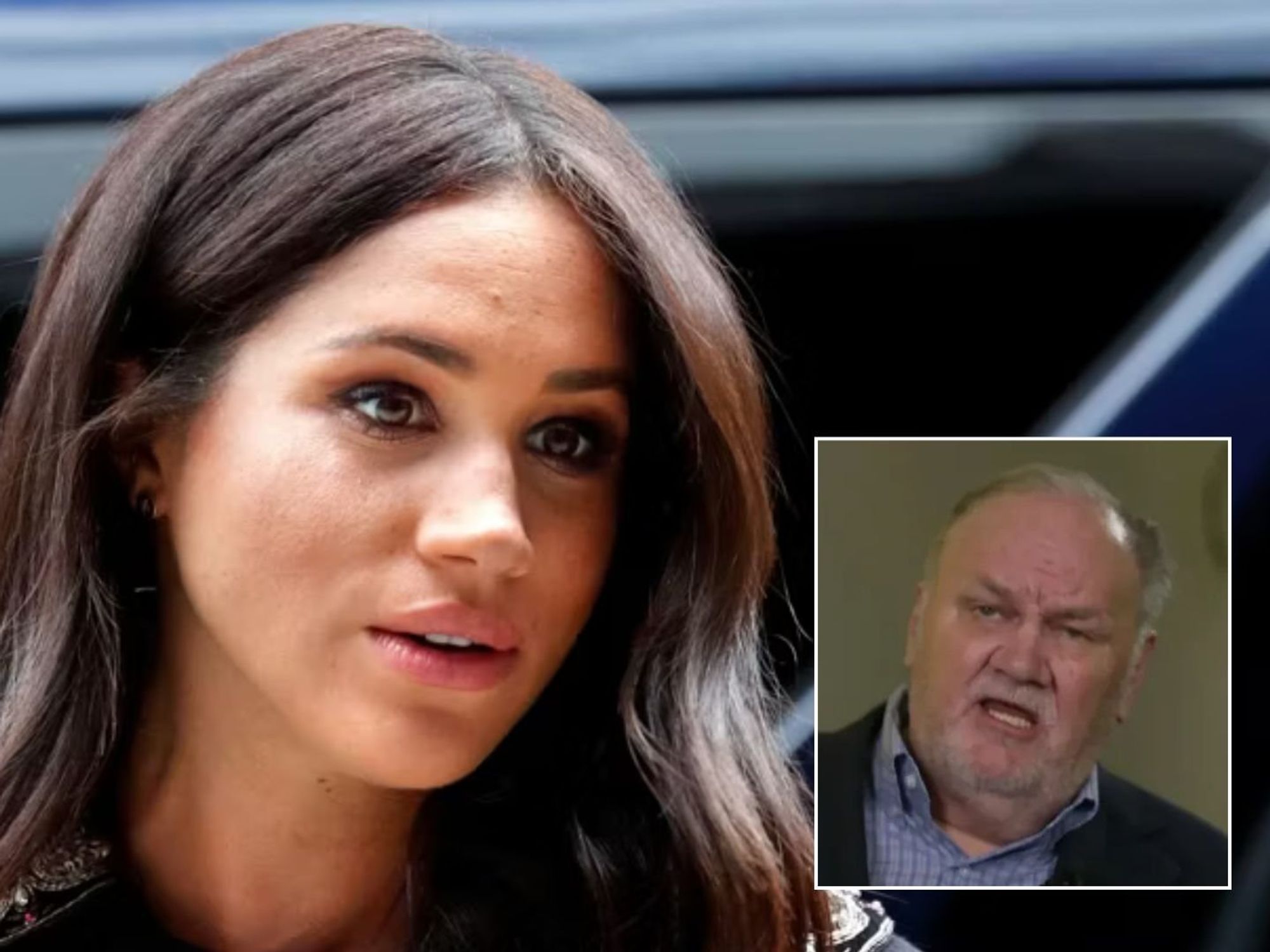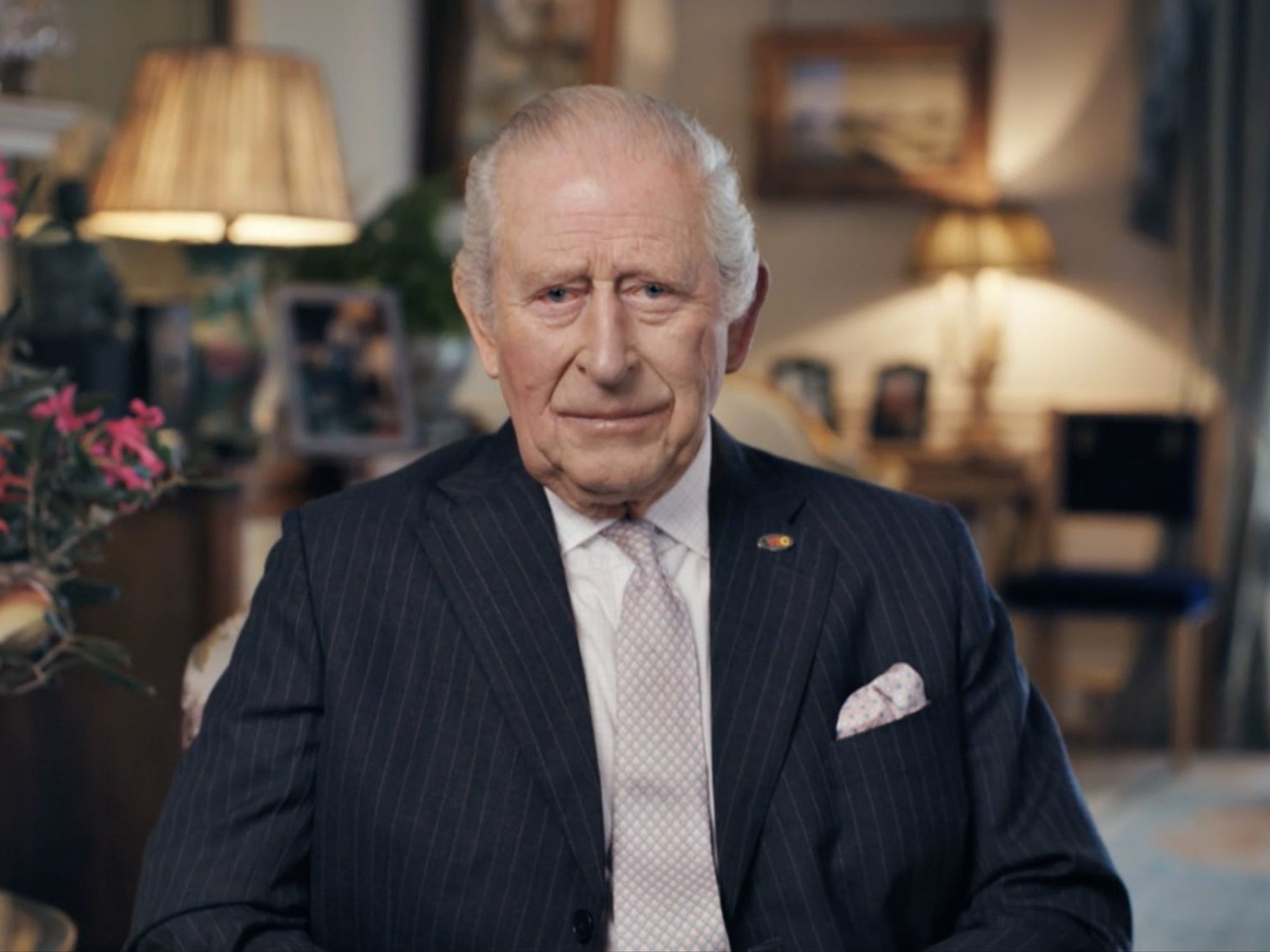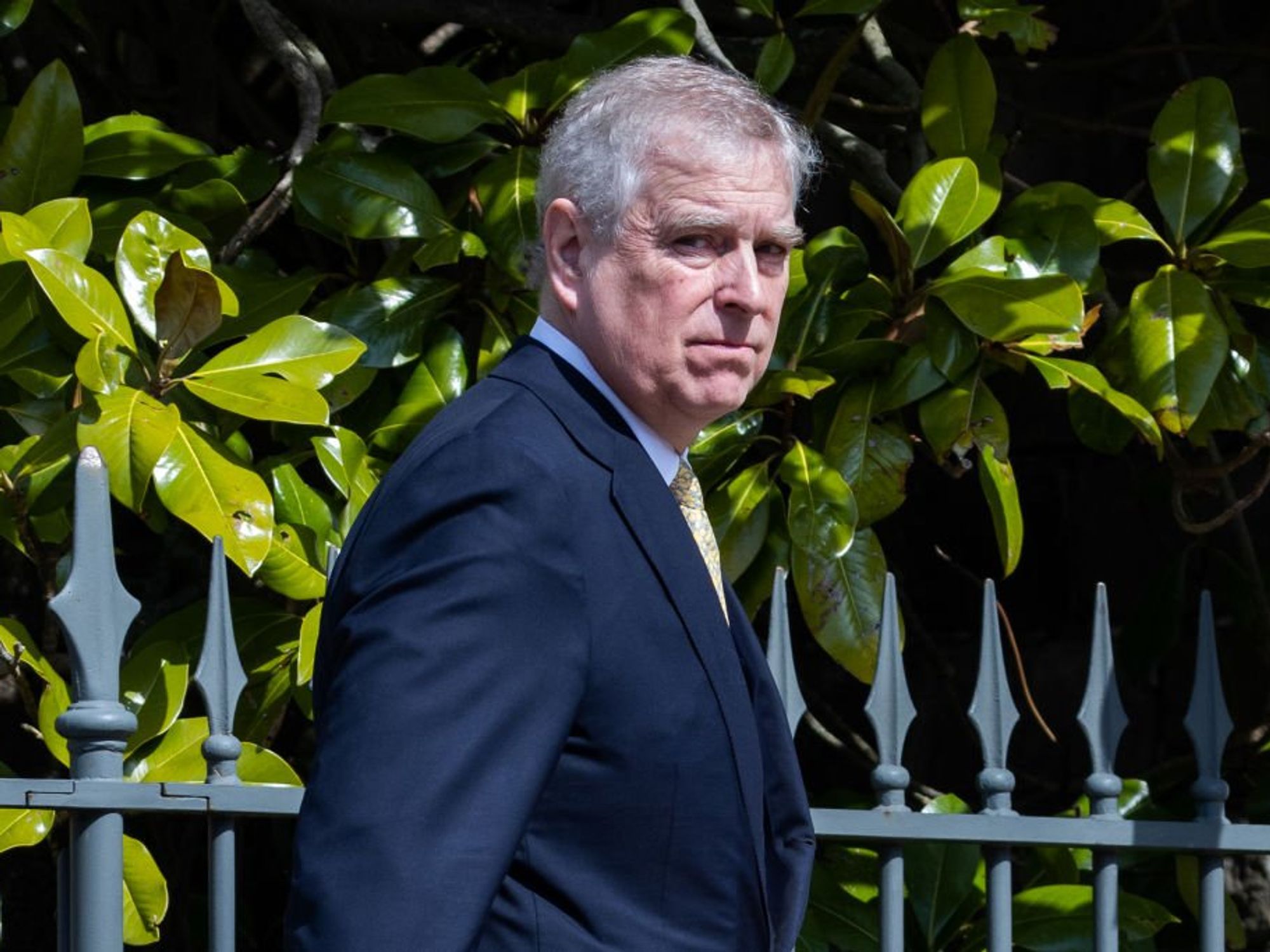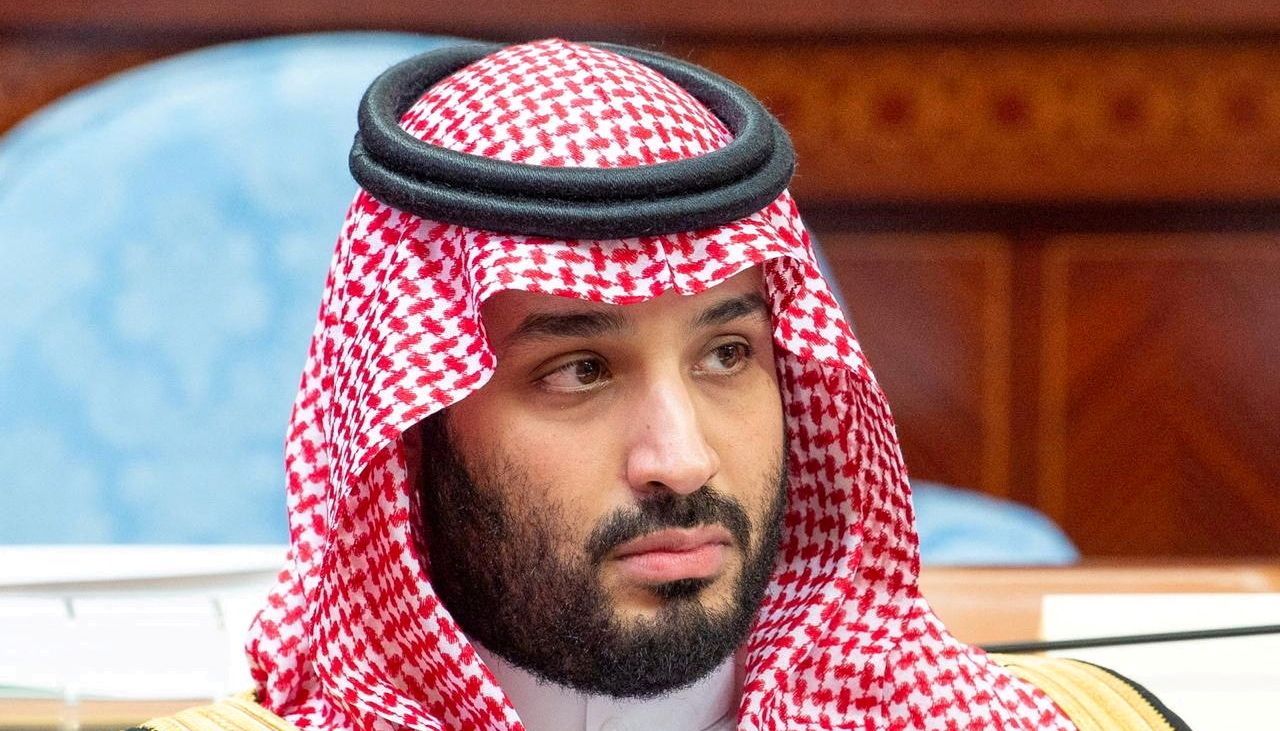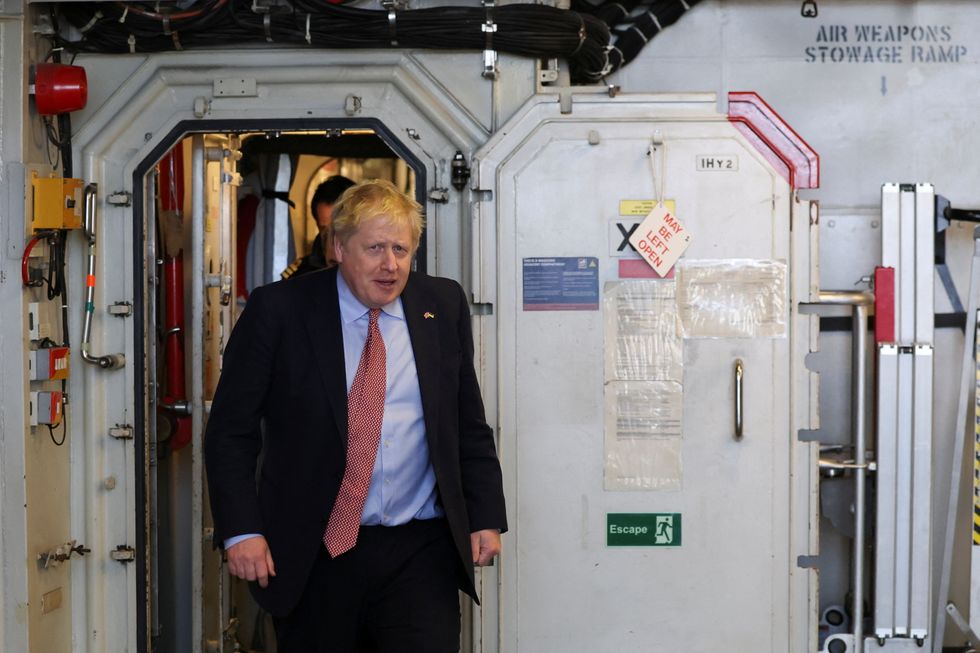Saudi Arabia shamed as UK to raise issues with human rights abuses after 81 prisoners executed in one day
The individuals killed were accused of "terrorism-related" offences such as holding "deviant beliefs"
Don't Miss
Most Read
The UK is to raise human rights issues with Saudi Arabia after the kingdom executed 81 people in one day on Saturday, in the biggest mass execution in modern history.
The convicted individuals, including seven Yemenis and one Syrian national, were accused of “terrorism-related” offences such as holding "deviant beliefs" and "the murdering of innocent men, women and children," the state-run Saudi Press Agency announced this weekend.
This morning, Boris Johnson’s official spokesman heavily criticised their use of the death penalty and declared Britain will be raising the incident with Saudi authorities.
The executions have come a week before the Prime Minister is set to travel to the Gulf country for talks on the ways the West can decrease their dependency on Russian oil and gas.
Mr Johnson has been urged to use his reportedly amicable relationship with the Saudi Crown Prince to intervene and persuade him to release their oil reserves in a bid to curb fuel prices that are reaching record highs.
It is believed the two leaders have previously exchanged WhatsApp messages.
This is compared to recent reports that Prince Mohammed bin Salman ignored a phone call from US President Joe Biden last week.
The spokesman said today: "The UK is firmly opposed to the death penalty in all circumstances in every country as a matter of principle and we routinely raise human rights issues with other countries including Saudi Arabia and will be raising Saturday’s executions with the government in Riyadh.
"We will be speaking to the Saudis about a range of issues, not just energy supply.
"Diversifying our energy supply is important, as is boosting renewable energy. There are no quick fixes but we do want to reduce the volatility and bring prices down."
The executions are set to be debated in the House of Commons later this afternoon.
Health Secretary Sajid Javid has already spoken out since the killings.
He said: "We’ve had a long-standing relationship with the Saudi government where there’s always a very frank exchange. We don’t agree with their approach on human rights - we’re always right to call that out and to talk to them, frankly, about that.
"At the same time, it is also possible to have an economic relationship.
"You know, whether people like it or not, Saudi Arabia is the world’s largest producer of crude oil and it’s important, especially at the time of a major global energy crisis, that we have these talks with them," he told LBC.
The death toll surpasses an execution of a similar scale in 1980 where 63 people were killed in one day.
It is unclear how the accused were executed, but those on death-row in Saudi Arabia are typically beheaded.
In response to the killings, the Saudi interior ministry said: "These individuals, totalling 81, were convicted of various crimes including murdering innocent men, women and children.
"Crimes committed by these individuals also include pledging allegiance to foreign terrorist organisations, such as ISIS, al-Qaeda and the Houthis."
The Saudi Press Agency said: “The accused were provided with the right to an attorney and were guaranteed their full rights under Saudi law during the judicial process, which found them guilty of committing multiple heinous crimes that left a large number of civilians and law enforcement officers dead.
"The kingdom will continue to take a strict and unwavering stance against terrorism and extremist ideologies that threaten the stability of the entire world."
Saudi Crown Prince Mohammed bin Salman
Reuters
Prime Minister Boris Johnson
PHIL NOBLE






